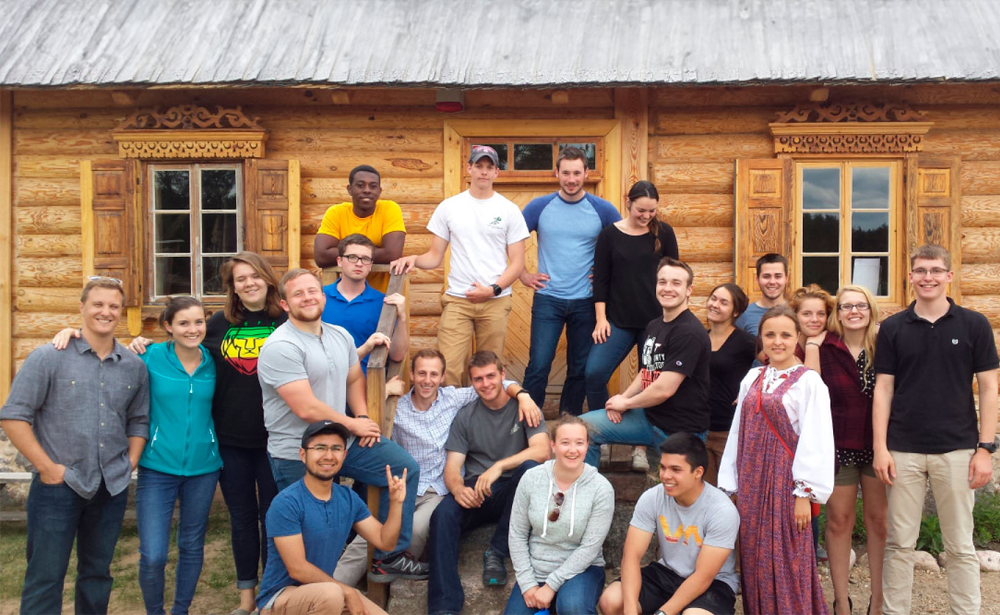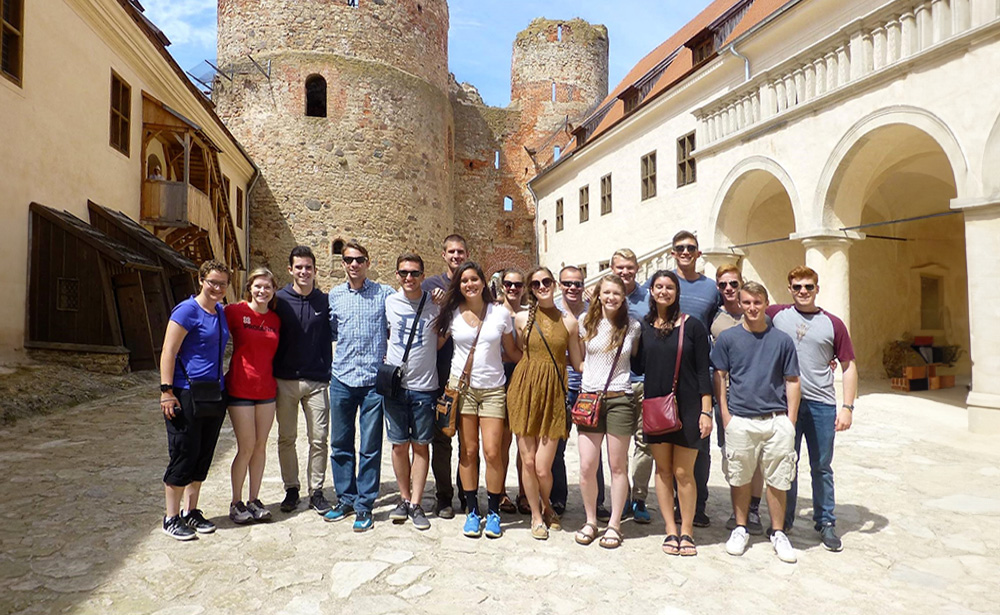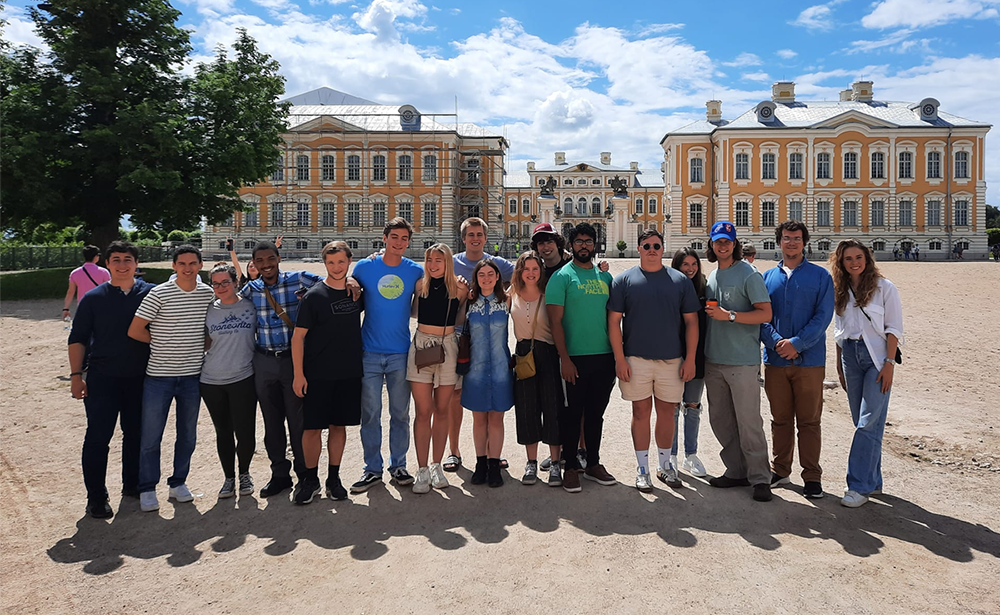What the Phrase “не везёт” and the Word “изюмительный” Mean
When foreigners get into a Russian-speaking environment they might hear a great deal of unknown phrases. Therefore, today we are going to speak about the phrase “не везет” and the word “изюмительный” and what they mean.
The phrase “не везет”
The phrase “не везет” means a kind of misfortune or bad luck in somebody’s actions or endeavors. There are also a few variations of this phrase with different endings: “что такое не везет и как с этим бороться” or “что такое не везет и как с ним бороться”.

The second variation makes the phrase “не везёт” a kind of animate. We use these phrases when misfortunes happen several times. However, we know hardly anything about the origin of these phrases.
The word “изюмительно”
This word is used when people really like something and they admire it. The word was coined by combining words “изумительный” and “изюм”. A raisin means something interesting and worth attention in Russian.

For example:
Есть в э́том кака́я-то изю́минка.
[Yest’ v etom kakaya-to iz-yu-min-ka] There is something in it.
There is something interesting in it.
These phrases are widely used in colloquial Russian language, so you can use them when speaking Russian.
You may be interested
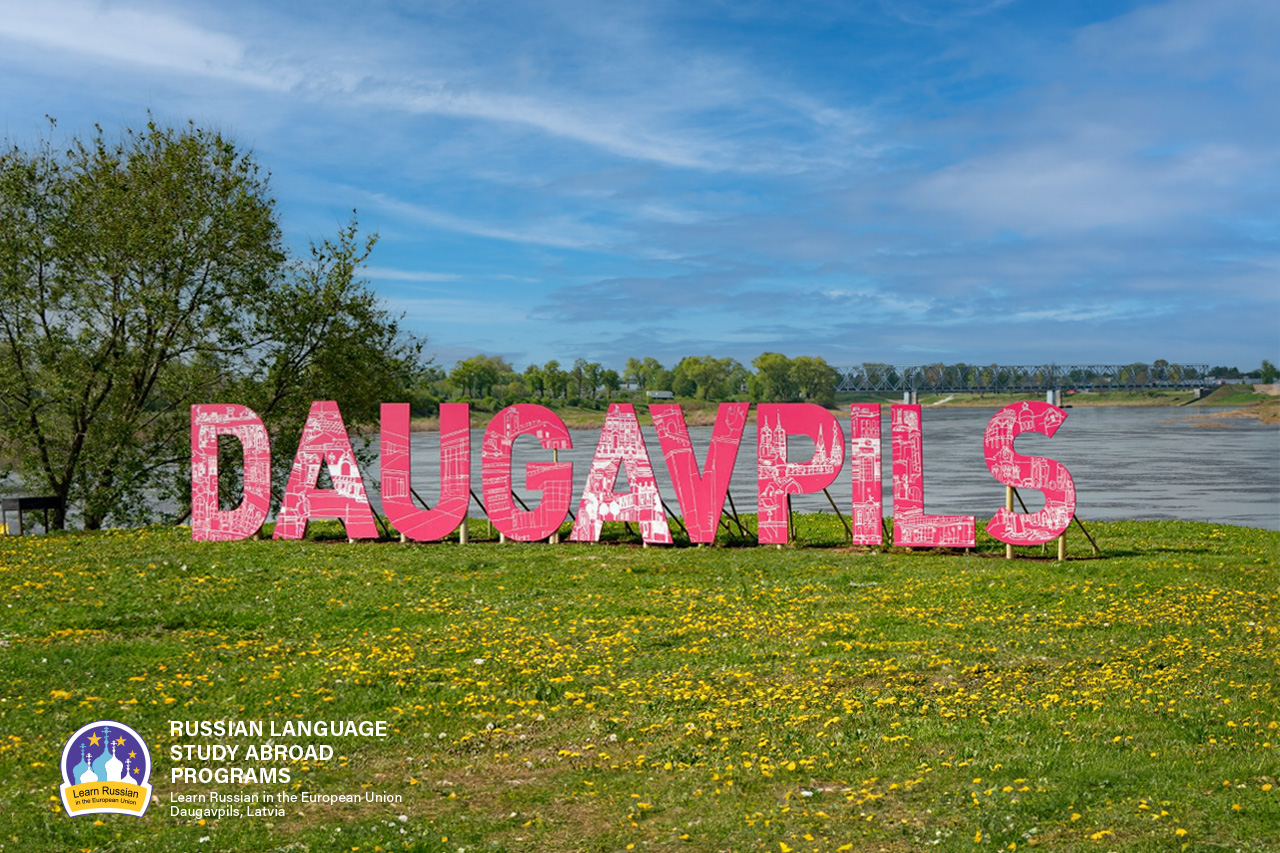
Why do people speak Russian in Daugavpils?
As it seems to us, Daugavpils is the best place to learn Russian now, because our city is situated in the EU and NATO, but at the same time 90% of the city’s population speak Russian at home.
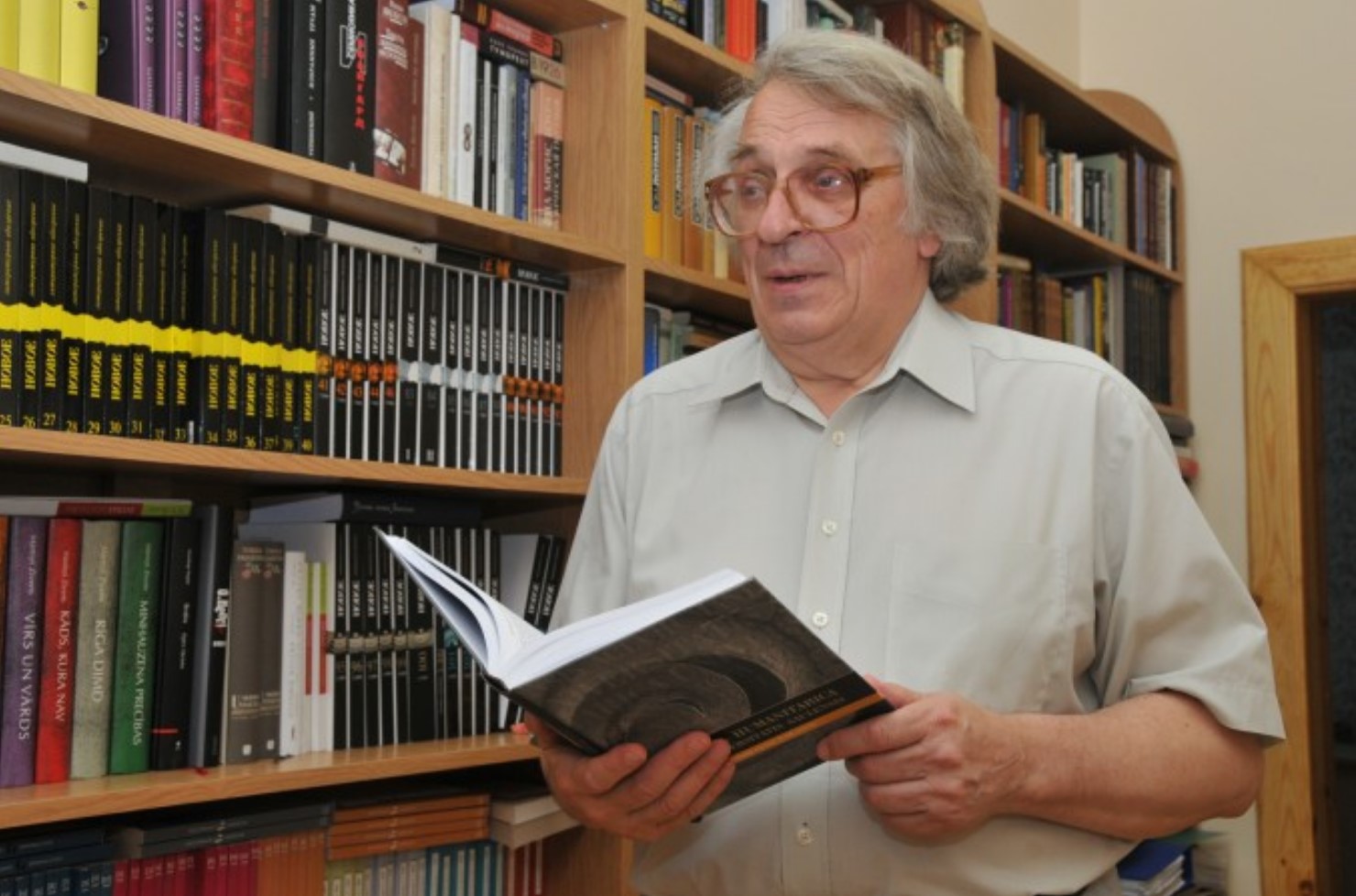
ЭТЮД О ДВИНСКЕ
Etude on Dvinsk by F.Fedorov
The Baltic region is one of the most catastrophe prone regions of the 2nd millennium, especially its second part; it is the centre of attraction of ‘geopolitical’ interests of the European world. Probably the most tragic fate has befallen to the eastern part of the present Latvia and its multi-titled town of Dinaburg – Dvinsk – Daugavpils. During its 730 years long history, the town went through five rather autonomous periods of development, five different lives (German, Polish, Russian, Latvian, Soviet), and at the beginning of the 1990s it entered into the 6th period.
The history of Dinaburg – Dvinsk – Daugavpils is the history of five attempts by the town to begin its life anew; and this is determined not only by the fact that the town was four times burned down and had to start life from scratch, but first and foremost because each of these periods was characterized by a total change of ethnos and the socio-cultural field.
The present article deals with the cultural space of the town in one of the most efficient periods of its development – from the 1860s till World War I.






